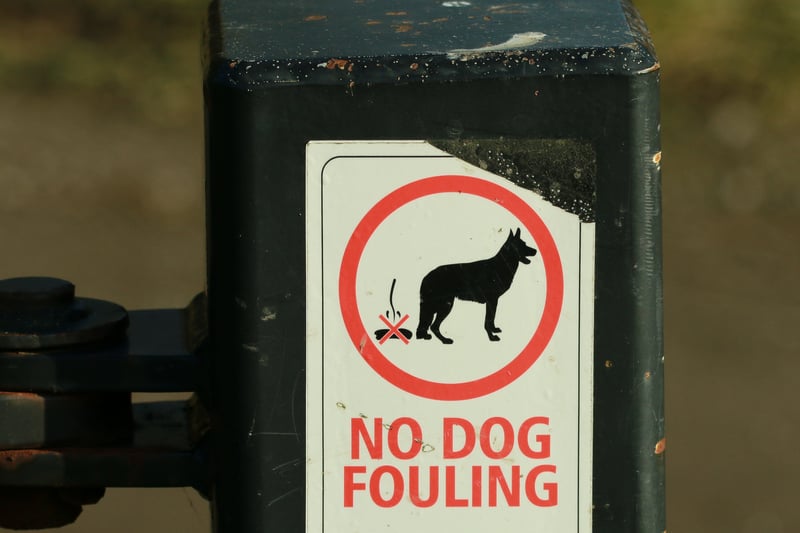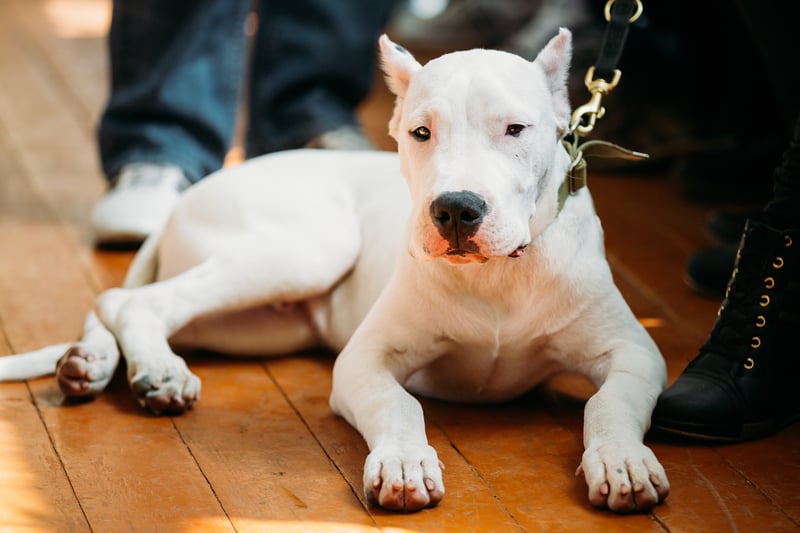Pet ownership in the UK has surged since the Covid pandemic as more people have sought companionship from a furry friend after being couped up in lockdown.
Around 3.2 million more pets were bought by households during lockdowns over the past two years, according to Pet Food Manufacturers Association, and there are now around 12 million cats and 12 million dogs in homes across the UK.
The demand for dog ownership increased after coronavirus restrictions forced people to spend more time at home, with pets helping to ease the feeling of loneliness following those long periods of isolation.
But while pups can offer a great source of companionship, owning a pet does come with a lot of responsibilities attached.
Keeping a pet pooch involves much more than just handling a dog’s day-to-day needs, and those who aren’t aware of what is expected as an owner could risk landing in trouble with the authorities - and incurring a hefty fine.
If you are a dog owner, or planning to welcome a pup into your home, it is important to be aware of these nine laws.
Read more:
The demand for dog ownership increased after coronavirus restrictions forced people to spend more time at home, with pets helping to ease the feeling of loneliness following those long periods of isolation.

5. Dog fouling
Failure to clean up after your dog can result in an on-the-spot fine ranging between £50 and £80, depending on your local council. Refusal to pay the initial fine can lead to the case being taken to court, where you could be fined up to £1,000. Some councils also make it mandatory for owners to carry a poop scoop and disposable bag when walking dogs in a public place.

6. Banned dog breeds
In the UK, it is against the law to own a Pit Bull Terrier, Japanese Tosa, Dogo Argentino, Fila Brasileiro. The police or local council dog warden can take the dog away, even if it isn't acting dangerously. You can be given an unlimited fine or be sent to prison for up to six months (or both) for having a banned dog and the dog may also be destroyed.

7. Don’t be a noise nuisance
Under the Environmental Protection Act 1990, dog barking can be considered a statutory nuisance if it is intrusive and affects someone's quiet enjoyment of their property. If a complaint is made to the local council, they may serve a Noise Abatement Notice if they are satisfied a nuisance exists. Failure to comply with the notice can result in owners being prosecuted and fined.

8. Upholding your duty of care
Section nine of the Animal Welfare Act 2006 places a duty of care on owners to ensure dogs have a suitable environment, a suitable diet, the ability to exhibit normal behaviour patterns, to be housed with, or apart, from other animals, and to be protected from pain, suffering, injury and disease. Owners could be forced to pay penalties if these care needs are not met.


